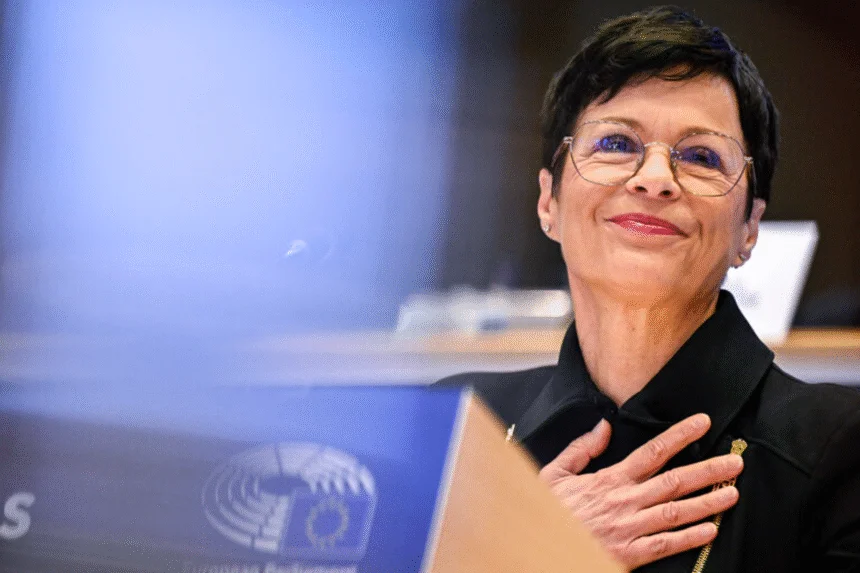The European Commissioner for Enlargement, Marta Kos, told Radio Free Europe that the normalization of relations between Kosovo and Serbia is a prerequisite for Kosovo to obtain candidate status and begin the EU accession process.
Kosovo applied for EU membership on December 15, 2022, and currently remains the only country in the region that has not yet been granted candidate status.
“We are waiting for the [formation of the] new government. I am in contact with politicians there, and they claim they are very much in favor of normalizing relations with Serbia, which is a prerequisite for starting negotiations or granting candidate status,” Kos said in an interview with Radio Free Europe.
She emphasized that it is crucial for Kosovo’s next government to fulfill certain prerequisites “that must be met,” without specifying exactly what they are.
Kosovo is currently led by a caretaker government since the new legislature has yet to be constituted, even more than a month after the certification of the results of the parliamentary elections held on February 9.
The process of a country’s accession to the EU takes time, as the candidate country must fulfill a series of criteria, align its laws with EU legislation, and await the ratification of its accession treaty by the parliaments of all EU member states.
Kosovo is still in the early stages of the accession process, having not yet been granted candidate status. For this to happen, the European Commission must first endorse Kosovo’s membership application, and then the European Council must unanimously confirm candidate status.
“I have not received any signals from member states or from the Danish presidency [of the European Council] that this [granting of candidate status during the Danish presidency] could happen. But I think it would be very good to start,” Kos added.
Earlier this month, the EU’s High Representative for Foreign Affairs, Kaja Kallas, also stated that neither Kosovo nor Serbia can advance on their paths toward EU membership without normalizing their relations.
Under EU mediation, Kosovo and Serbia reached an agreement on the path toward normalization in 2023. However, since then, the EU has criticized both sides for failing to implement the agreement, despite it being legally binding.
Due to crises in northern Kosovo that heightened tensions between the two countries, no political-level dialogue rounds have taken place in Brussels since September 2023—only technical-level talks between chief negotiators have occurred.
These tensions in northern Kosovo also led the EU to impose punitive measures against Kosovo in 2023, which remain in place, citing insufficient efforts by Kosovo to de-escalate the situation in the Serb-majority northern areas.
Despite repeated requests by Kosovo’s leaders for the removal of these measures, Kos emphasized that not all EU member states are currently willing to lift them.
“We still don’t know. We are discussing it. If member states agree to lift them, of course we will. But for now, not all member states support the removal of the measures,” she stated.







